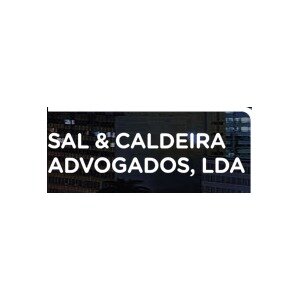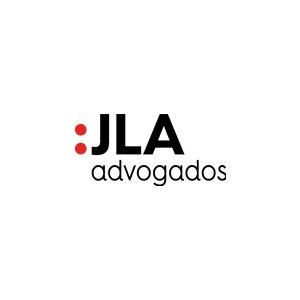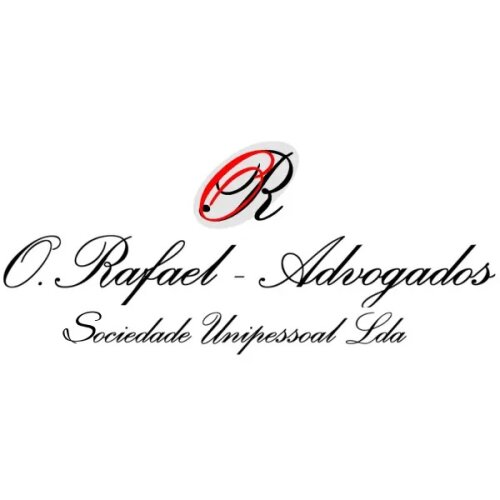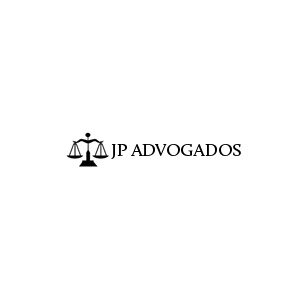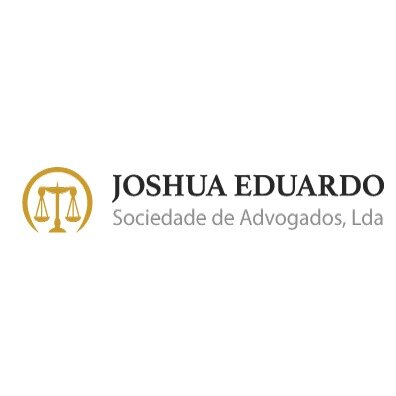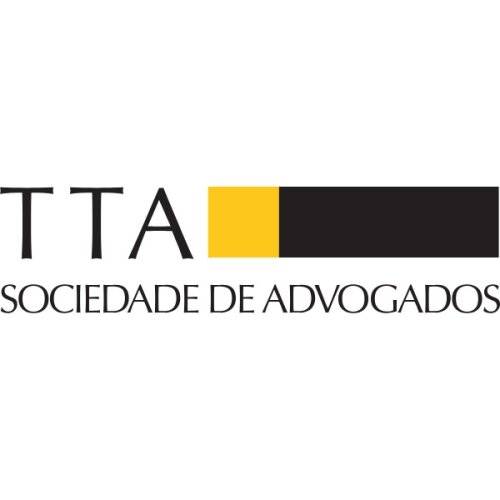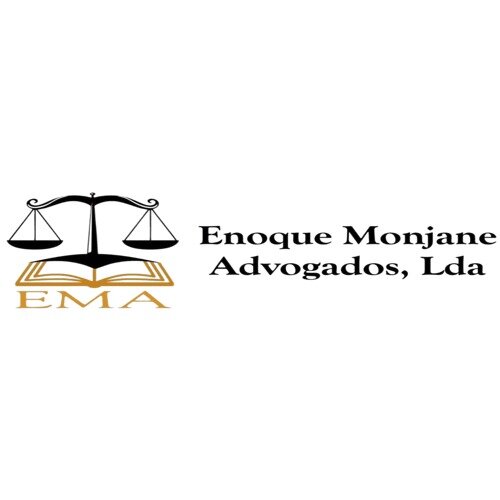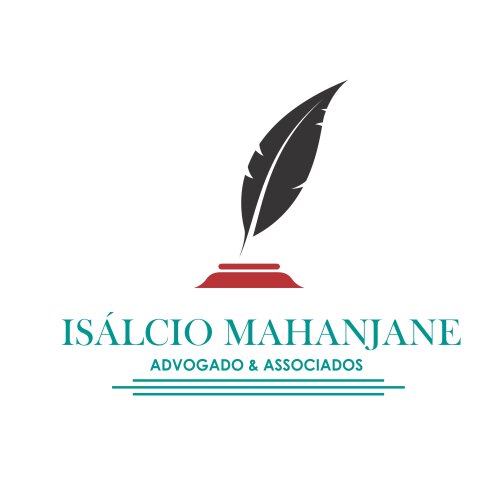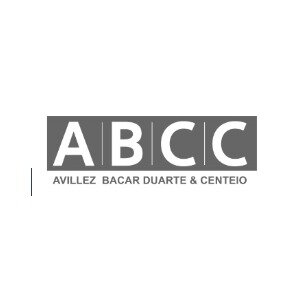Best Water Law Lawyers in Mozambique
Share your needs with us, get contacted by law firms.
Free. Takes 2 min.
Or refine your search by selecting a city:
List of the best lawyers in Mozambique
About Water Law in Mozambique
Water Law in Mozambique governs the ownership, management, use, and protection of water resources within the country. The primary legal framework is laid out in the Water Law (Law No. 16/91 of 3 August) and its subsequent regulations. This legal regime establishes water as a public good and outlines the rules for access, allocation, and conservation of this vital resource. The law applies to surface and underground waters, including rivers, lakes, and aquifers, and is designed to balance the needs of different users while protecting water resources for future generations.
Why You May Need a Lawyer
The application of Water Law in Mozambique can be complex, involving interactions with multiple government agencies and stakeholders. There are several situations where individuals, communities, businesses, or organizations might need legal assistance:
- Negotiating or disputing water usage rights or permits
- Understanding legal compliance for irrigation, industrial, mining, or agricultural projects
- Resolving conflicts between communities, companies, and government agencies over water access
- Challenging penalties or sanctions for alleged violations of water regulations
- Seeking compensations or remedies for water pollution or environmental damage
- Participating in public consultations or appeals related to water resource management plans
- Advising on the legal aspects of transboundary water resources shared with neighboring countries
A lawyer experienced in Water Law can help you navigate these situations, ensuring that your rights and interests are protected and that you comply with local laws and regulations.
Local Laws Overview
Mozambique’s Water Law, along with its subsidiary regulations, lays the foundation for water governance. Key aspects include:
- Public Ownership: All water resources are owned by the state, and individuals or entities can only obtain usage rights through legal processes.
- Licensing and Permits: Significant uses of water - such as for industrial, agricultural, or commercial purposes - require licenses granted by the competent authorities, usually the National Directorate of Water or regional management entities.
- Priority Uses: Domestic consumption and livestock typically have usage priority in situations of scarcity.
- Environmental Protection: There are specific rules regarding pollution control, environmental impact assessments, and the protection of water catchment areas to maintain ecological balance.
- Participatory Management: The law encourages public participation, particularly involving local communities and users in the decision-making process regarding water resource management.
- Dispute Resolution: Legal mechanisms are provided for resolving disputes over water use or complaints regarding water resource management decisions.
- Administrative and Criminal Sanctions: Illegal water use, unauthorized construction of infrastructure, or water pollution can attract fines or criminal penalties.
These provisions are complemented by sectoral policies and regulations, including those related to sanitation, environment, and land use.
Frequently Asked Questions
What is the main law regulating water in Mozambique?
The principal legal instrument is the Water Law (Law No. 16/91), supplemented by regulations and ministerial decrees that provide further details on implementation.
Can a private individual own water resources?
No. All water resources are the property of the state. Individuals and companies can only obtain rights to use water through permits or licenses.
Who grants water usage permits or licenses?
Licenses and permits are issued by the government through the National Directorate of Water or appropriate regional authorities, depending on the location and scale of the use.
When is a permit required for water use?
Permits are required for most non-domestic uses, including agriculture, industry, construction, or irrigation projects. Domestic and small-scale uses may be exempt, but it is important to check with local authorities to confirm requirements.
What are the consequences of using water without a permit?
Unauthorized water use can result in administrative sanctions, fines, or even criminal charges, particularly if the use causes harm to the environment or other users.
How are water disputes resolved?
Disputes may be resolved through administrative processes with water authorities, or, if necessary, through formal court proceedings. Alternative dispute resolution mechanisms may also be available for some conflicts.
What role do communities have in water management?
Communities are encouraged to participate in the management of local water resources. This includes involvement in consultative forums, decision-making, and monitoring of local water usage and protection.
Are there special protections for water quality?
Yes, regulations set standards for water quality and prohibit pollution. Certain activities near water sources may require environmental impact assessments to prevent or mitigate harm.
Does the law address transboundary water resources?
Mozambique is a party to several international agreements on shared rivers such as the Zambezi and Limpopo. The national law recognizes the need for cooperation with neighboring countries on transboundary waters.
What should I do if I discover water pollution or illegal use?
Report any concerns to local or national water authorities. A lawyer can assist in filing complaints or pursuing claims for damages if your rights or the environment are harmed.
Additional Resources
If you need more information or support regarding Water Law in Mozambique, consider reaching out to the following:
- National Directorate of Water (DNA) - Key governmental body responsible for water policy and permits
- Regional Water Administrations (ARAs) - Manage water resources within designated river basins
- Ministry of Public Works, Housing and Water Resources - Oversees national water management and infrastructure
- Environmental Protection Agency (AIA/INGC) - For issues related to water-related environmental impact assessment
- Legal Aid Institutes and Non-Governmental Organizations - Offer legal assistance and advocacy on water rights, such as Centro Terra Viva and Justiça Ambiental
Local government offices or provincial directorates can also provide guidance on procedures and compliance with water regulations.
Next Steps
If you believe you need legal advice related to Water Law in Mozambique, here are some important steps:
- Identify the specific issue or need - whether it is applying for a water permit, resolving a dispute, or seeking environmental protection.
- Gather all relevant documents and information, such as property titles, correspondence with authorities, permits, or notices received.
- Contact a lawyer with experience in Mozambican Water Law or environmental law. They can provide tailored advice and represent your interests in administrative or judicial proceedings.
- If you are part of a local community or association, consider organizing collectively to address water issues and strengthen your legal standing.
- Reach out to governmental or non-governmental organizations listed above for additional support or information.
Taking early action with the assistance of legal professionals can help safeguard your rights, facilitate compliance, and contribute to the sustainable management of Mozambique’s water resources.
Lawzana helps you find the best lawyers and law firms in Mozambique through a curated and pre-screened list of qualified legal professionals. Our platform offers rankings and detailed profiles of attorneys and law firms, allowing you to compare based on practice areas, including Water Law, experience, and client feedback.
Each profile includes a description of the firm's areas of practice, client reviews, team members and partners, year of establishment, spoken languages, office locations, contact information, social media presence, and any published articles or resources. Most firms on our platform speak English and are experienced in both local and international legal matters.
Get a quote from top-rated law firms in Mozambique — quickly, securely, and without unnecessary hassle.
Disclaimer:
The information provided on this page is for general informational purposes only and does not constitute legal advice. While we strive to ensure the accuracy and relevance of the content, legal information may change over time, and interpretations of the law can vary. You should always consult with a qualified legal professional for advice specific to your situation.
We disclaim all liability for actions taken or not taken based on the content of this page. If you believe any information is incorrect or outdated, please contact us, and we will review and update it where appropriate.
Browse water law law firms by city in Mozambique
Refine your search by selecting a city.



